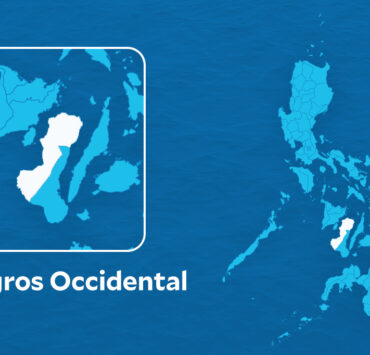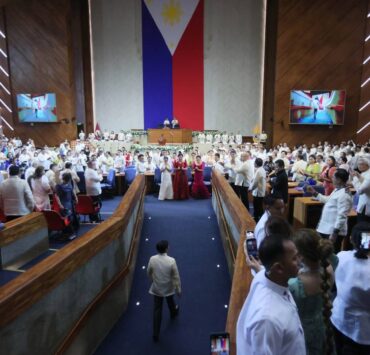Bangsamoro IPs long for protection from rights abuses

ILIGAN CITY—As President Marcos takes the podium of the House of Representatives this coming Monday to deliver his fourth State of the Nation Address halfway into his term of office, non-Moro indigenous peoples (NMIPs) in the Bangsamoro Autonomous Region in Muslim Mindanao (BARMM) will follow his words closely, hoping their concerns are spelled out among his administration’s priority in the remaining three years of his incumbency.
Datu Letecio Datuwata, supreme tribal chieftain of Timuay Justice and Governance (TJG), the indigenous political system of the Teduray-Lambangian people, said he longs to hear the President declare “the full recognition of our ancestral territory and approval of our certificate of ancestral domain title” which had been pending for years.
Datuwata explained that such recognition would ensure that the Bangsamoro peace process would be inclusive of all the peoples within the region.
The Teduray and Lambangian peoples had been fending off threats against their community, largely from those interested to control vast tracts of land within their ancestral domain, which are potential sites for plantation farming.
Rich in resources
Some parts of their ancestral domain are also eyed for mining, noted the shadow report of In Defense of Human Rights and Dignity Movement to the Committee on Economic, Social and Cultural Rights of the United Nations.
The current situation of the NMIPs has not quite changed in the last five years. A 2021 report of International Crisis Group noted that “land-related conflicts in areas populated by indigenous people… occur with some frequency, particularly in Maguindanao province.”
The threats and a series of violent attacks had led some of the tribal folks to leave their homes and fled to the safety of their relatives in South Upi and Datu Hoffer towns in Maguindanao del Sur.
Since the BARMM was created in 2019, at least 80 tribal people and leaders have been killed, the most prominent of whom was South Upi Vice Mayor Roldan Benito who was ambushed last year.
Datuwata said they hoped the displaced tribe members would be able to return home with the government’s full assurance of their safety.
Changing climate
While fending off threats from violent attacks, the NMIPs are also feeling the increasingly harsh impacts of the changing climate.
Datuwata said their communities have been usually battered by extreme rainfall during weather disturbances, leading to disasters like landslides and floods.
The BARMM, particularly its provinces in mainland Mindanao, have been experiencing a series of flooding incidents with incessant rains, especially at the onset of the wet season.
In the recent episode of the southwest monsoon alone, official statistics showed 43,200 people were affected.

















